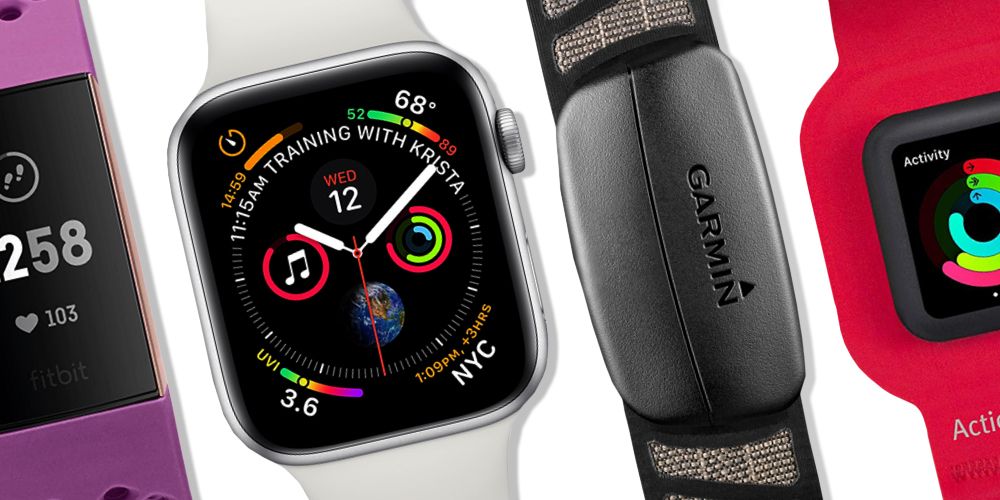
Why you have symptoms such as dizziness, faintness or the feeling that your heart is racing or skipping a beat. Wearing the monitor may tell your doctor: You may be asked to wear a Holter monitor if you have fast, slow or irregular heartbeats called arrhythmias. That’s why your doctor may want to evaluate your heartbeat over time while you go about your normal activities. But abnormal heart rhythms and cardiac symptoms may come and go. Regular electrocardiograms (ECGs or EKGs) let your doctor look at your heart’s activity at one point in time during your ECG test. I made sure the electrodes were on tight before I went to bed.” Sarah, age 62. “I thought wearing the monitor at night would be very uncomfortable, but the cord was long so I could put it on the nightstand. The results of wearing a Holter monitor will help you and your doctor decide if you need more tests or medicines for your heart, or if you need a pacemaker or cardioversion procedure to restore a regular heart rhythm. This monitor has no risks and wearing it isn’t painful. If you have a pacemaker and feel dizzy, your doctor may use a Holter monitor to find out if your pacemaker is working properly. Or, your doctor may use it to see how well your medicines are working to treat these problems. You may be asked to wear a Holter monitor to see if you have a slow, fast or irregular (uneven) heartbeat. 
The Holter monitor and other devices that record your ECG as you go about your daily activities are called ambulatory electrocardiograms. It has wires with silver dollar-sized electrodes that attach to your skin. The device is the size of a small camera.

Best heart monitor portable#
National Hypertension Control InitiativeĪ Holter monitor is a battery-operated portable device that measures and records your heart’s activity ( ECG) continuously for 24 to 48 hours or longer depending on the type of monitoring used.Pets and Your Health / Healthy Bond for Life.






 0 kommentar(er)
0 kommentar(er)
